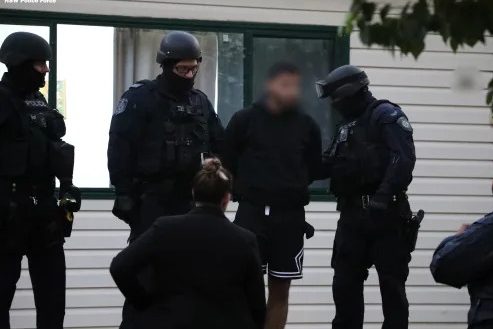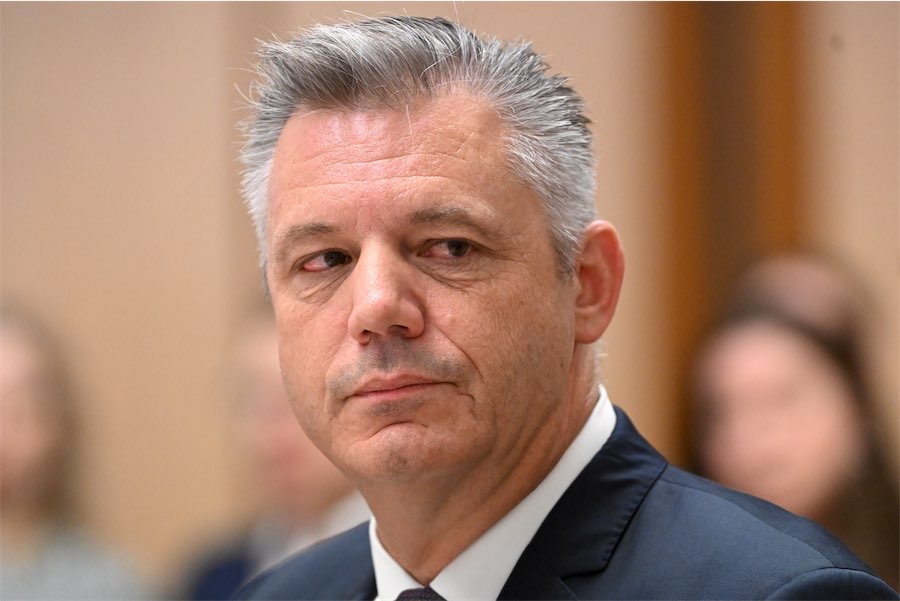
MORE than one third of deaths among Aboriginal and Torres Strait Islanders were caused by smoking, according to a new ANU study released today (January 25).
Starting in 2006, the study analysed 1388 people of all ages including those who had never smoked, as well as past and present smokers, and found that about 37 per cent of deaths were caused by smoking.
That number rises to 50 per cent for Aboriginal and Torres Strait Islanders aged 45 years and older.
Study lead Dr Katie Thurber says the results were shocking and show smoking causes nearly double the number of deaths than previously thought.
“Smoking is killing one in two older adults, and we found smokers have four times the risk of early death compared to those who have never smoked,” she says.
“This is the first time we have had data specific to Aboriginal and Torres Strait Islander peoples. Our findings show that we have underestimated the impact of smoking.”
Dr Thurber says even smoking between one to 14 cigarettes per day triples the risk of early death compared to never smoking.
“No amount of smoking is safe,” she says.
Aboriginal and Torres Strait Islander people who never smoke live an extra 10 years, compared to those who smoke, says study co-author Assoc Prof Raymond Lovett.
He says quitting smoking at any age lowers the risk of early death, and the earlier someone quits, the better.
Although smoking prevalence is dropping in Aboriginal and Torres Strait Islander communities, experts are still calling for more action to reduce smoking, he says.
“This study shows smoking has taken the lives of more than 10,000 Aboriginal and Torres Strait Islander people in the last 10 years,” he says.
“Australia Day is a good opportunity to reflect on our colonial history, including how commercial tobacco was introduced to Aboriginal and Torres Strait Islander peoples, and how tobacco was used as a form of payment, which has caused nicotine dependence.
“Aboriginal and Torres Strait Islander peoples and local communities are leading the way in tobacco control efforts and how they want to address tobacco use in their community through the Tackling Indigenous Smoking program. This is a great example of self-determination.”
Prof Tom Calma, co-author and national coordinator for the Tackling Indigenous Smoking program says: “Our national Aboriginal and Torres Strait Islander tobacco control program currently doesn’t reach the whole population.
“We need everyone to have access to appropriate programs and supports to reduce tobacco use. If smoking is a bigger problem than we thought, then funding should be increased to match the size of the problem.”
Who can be trusted?
In a world of spin and confusion, there’s never been a more important time to support independent journalism in Canberra.
If you trust our work online and want to enforce the power of independent voices, I invite you to make a small contribution.
Every dollar of support is invested back into our journalism to help keep citynews.com.au strong and free.
Thank you,
Ian Meikle, editor





Leave a Reply